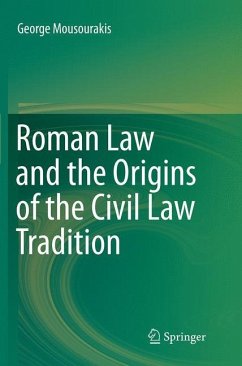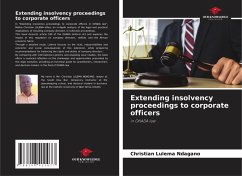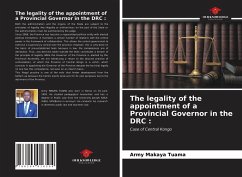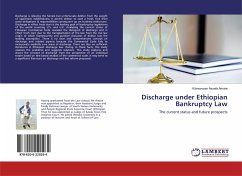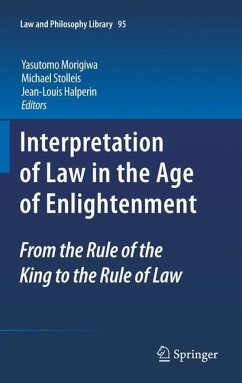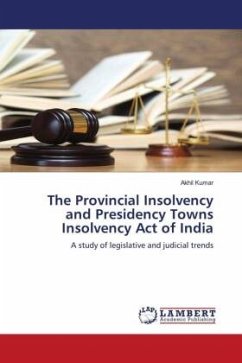
The Provincial Insolvency and Presidency Towns Insolvency Act of India
A study of legislative and judicial trends
Versandkostenfrei!
Versandfertig in 6-10 Tagen
56,99 €
inkl. MwSt.

PAYBACK Punkte
28 °P sammeln!
The law of insolvency deals with the insolvent and administration of insolvent's property to the creditors. It is a very old law originating from the old Roman laws. An insolvent is primarily a debtor who is unable to pay the debts to his creditor due to excess of liabilities over assets. The law of insolvency confers some privileges to the creditors and debtors, on one hand it compels the bankrupt to give up the effects for the use of creditors, without fraudulent concealment; on the other hand, the bankrupt is saved upon confinement, unnecessary harassment and other liabilities. The law of i...
The law of insolvency deals with the insolvent and administration of insolvent's property to the creditors. It is a very old law originating from the old Roman laws. An insolvent is primarily a debtor who is unable to pay the debts to his creditor due to excess of liabilities over assets. The law of insolvency confers some privileges to the creditors and debtors, on one hand it compels the bankrupt to give up the effects for the use of creditors, without fraudulent concealment; on the other hand, the bankrupt is saved upon confinement, unnecessary harassment and other liabilities. The law of insolvency is so designed that once the debtor is discharged, he has an opportunity to start afresh in life, free from the demands of creditors. The law of insolvency also prevents unnecessary scramble among the creditors to get the assets of the debtor. It sees, that no fraud or collusion takes place between the creditors and the debtors. It also provides for machinery by which all creditorsare equitably satisfied.




